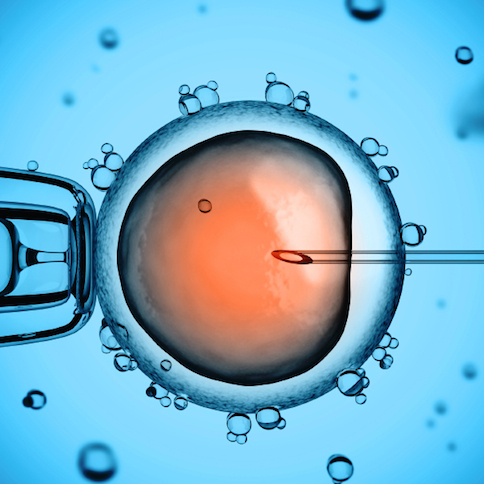Should I Stop IVF Treatments?
I’m not sure I can handle another failed IVF cycle. How do I know when to stop treatment?
In my practice I work daily with women facing this decision. Something about going through infertility treatment can activate the most intense, focused, and often fixated part of a person or couple. Each new cycle demands following new instructions meticulously and seems to require (and inspire) single-minded dedication to trying whatever might lead to conception: acupuncture, modified exercise routines, diets, and so on. And it's not only an effort to optimize your chances of getting pregnant, but it can also be an attempt to control an essentially uncontrollable situation. So how do you know when it's time to let go?
Considering a new phase (whether that's a donor cycle or the end of treatment entirely) can be daunting. Although choosing to end treatment can feel devastating, sometimes surrendering is the bravest and strongest decision you can make. Answering the following four questions can help you make this difficult choice.
1. What does your doctor say?
Ask your doctor to review the statistics pertinent to you: your age, infertility diagnosis, and chance of successful pregnancy given the number of treatment cycles you have already had. Of course, statistics simply provide a snapshot of probability. They are most useful when considered along with the emotional, physical, social, and financial costs of treatment.
2. How much more are you willing (or able) to endure?
Infertility takes an extraordinary emotional and physical toll, and it can be quite overwhelming. How is it affecting you emotionally? Have you remained involved with friends and family, or are you withdrawing from them? Do you continue to engage in your usual activities, or has this become difficult? If you feel the process is sapping you of your happiness and enjoyment for life, think back to your days before treatment. Were you happy and more joyful? If so, you should be able to return to that place, but it may require getting off the treatment roller coaster.
3. Has there been a negative impact on your relationship?
Are you and your partner drifting in different directions or having significant conflict around your efforts to become pregnant? Reflect on why you chose your partner: Was it to create a life with someone you love or just to have children together? You know the life you have right now. Is it what you wanted from your partnership? Do you want a different life together? Could stopping treatment help you get or return to it?
4. What will another treatment failure feel like?
Would this experience be different than previous cycles? What impact would that have on your relationship? Each treatment cycle can be experienced as a trauma, and numerous failed cycles (or miscarriages) can have a significant cumulative impact. Reflect on whether it has become more difficult to recover from the failures and what emotional reserve you have if it happens again.
Ending treatment is not an easy decision. It's difficult to find meaning in the injustice of infertility. Letting go of the hope for a biological child and the experience of pregnancy is life altering. But remaining trapped in what can feel like a state of endless failure can take all the joy from life. Sometimes deciding to stop can restore it.
If you decide that now is the right time to move to the next phase, it's possible that you will feel more in control of your life. Whether this means taking a break, using a donor or surrogate, adopting, or considering living without children, remember that it's still possible to have a fulfilling life. It just may be different than the one you envisioned.
Working with a therapist can be very helpful when you're facing this decision, especially if you and your partner disagree on the next step. It can also help you manage the grief that will likely accompany the choice to make a change. You can find a therapist that specializes in infertility through Resolve, the American Society for Reproductive Medicine, and the American Fertility Association.











